Welcome to Parenting Kids and Dogs 101, a limited series podcast for parents who live with kids and dogs, or plan to. I’m your host, Michelle Stern, the founder of Pooch Parenting. I’m not just a certified professional dog trainer and former teacher, I’m a mom too. In each episode of this series, I hope you’ll feel like I’m chatting with you, one parent to another, about life with kids and dogs, answering common questions my clients ask me, and giving you simple solutions to make your life easier and safer.
I hope you’ll subscribe and join me for the whole series, and don’t forget to grab the accompanying workbook at https://poochparenting.net/podcastworkbook/
- Changes in routine can be difficult for dogs
- Dogs like predictability – it helps them know what to expect and to relax, knowing that YOU have things under control
- Practice ahead of time – especially before big life changes
Helping Dogs to Adjust to Start of School Year Routines
- Try to plan ahead as much as possible to make your routine as predictable as possible.
- The more frantic you feel, the less well you will be able to attend to your dog or children’s needs
- For school, try packing lunches and prepping breakfast ingredients in batches ahead of time and laying out clothing the night before
- Give your dog a frozen toppl or kong while you are busy; keep them behind a barrier so they don’t get in your way as you try to accomplish morning tasks
- Use a programmable coffee maker so that you can wake up to hot coffee already made
Helping Dogs to Adjust their Routines Before Baby
- Adjust your mindset and admit that your baby will likely take priority some of the time (you still love your dog and will be amazing as a dog parent, but if there is a diaper disaster, you will attend to that first before feeding the dog)
- Practice feeding and walking at slightly different times of the day
- Set up safety equipment in advance – will the dog be in a new zone some times of the day that they aren’t in now?
- Identify where you want your dog to sleep and practice any changes early so that your dog does not make any associations to the change with the arrival of baby
Thank you for listening!
- Want to learn more about Pooch Parenting and how we can help you?
- If you enjoyed this episode, please rate and review on Apple Podcasts.
- Worried about Growling? Get my free guide: ABC's of Growling: https://poochparenting.net/abcs-of-growling/
- Looking for QUICK answers to your dog and child questions? Just ask and my custom tool will give you the answer: www.poochparenting.net/askpoochparenting
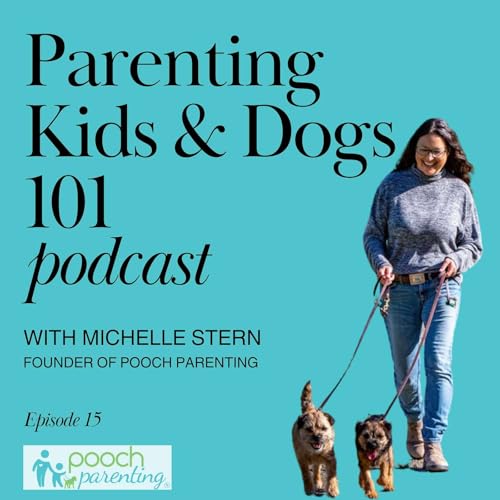 12 分
12 分 2025/09/3013 分
2025/09/3013 分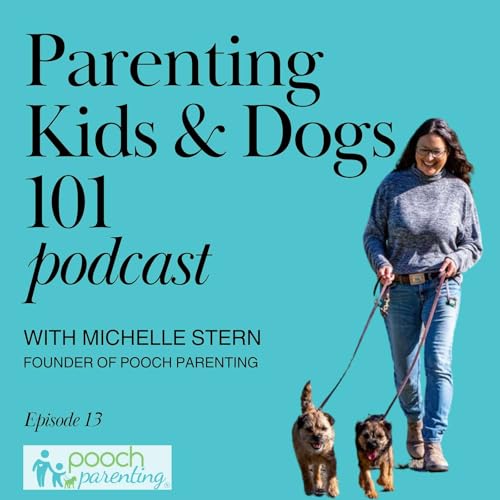 2025/09/168 分
2025/09/168 分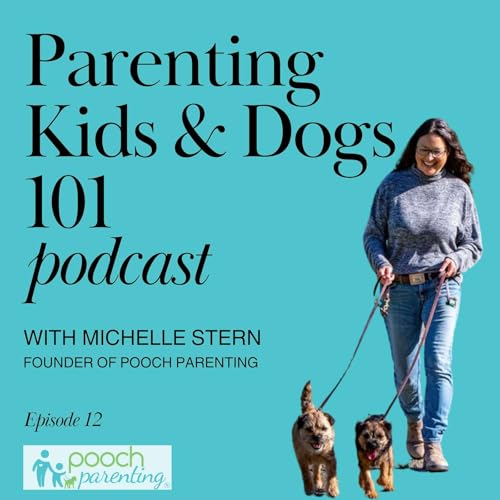 2025/09/028 分
2025/09/028 分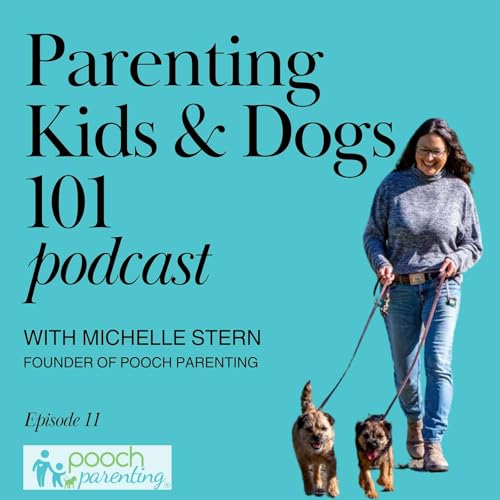 8 分
8 分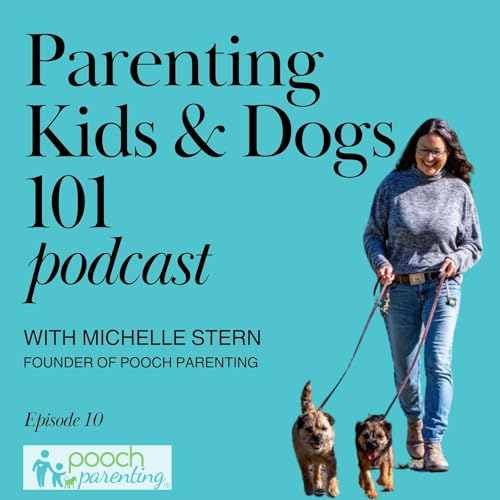 7 分
7 分 9 分
9 分 10 分
10 分
